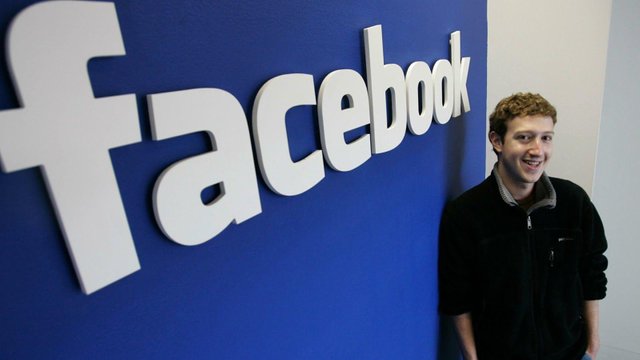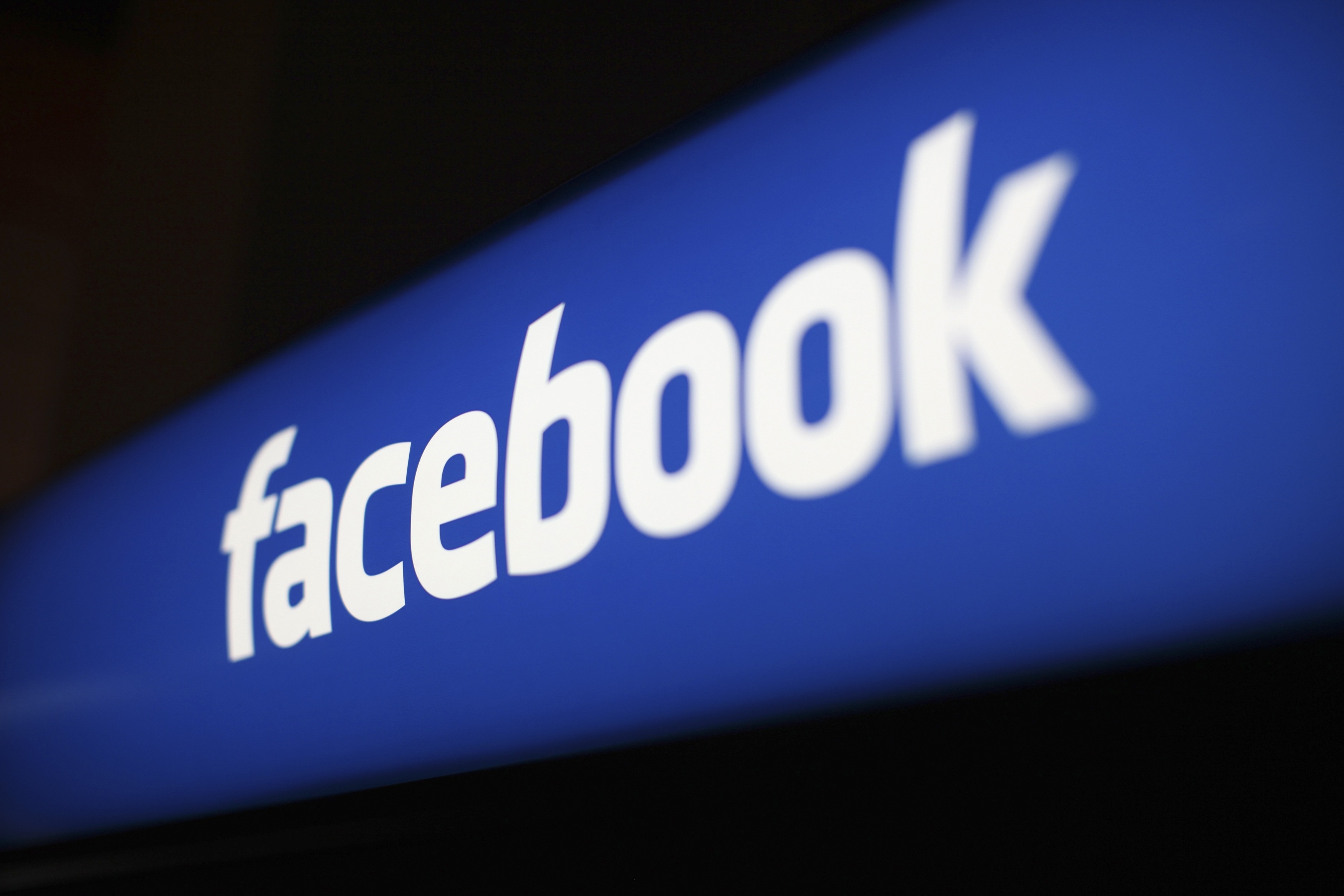
Facebook declared Friday it will require political advertisements on its stage to state who is paying for the message and would confirm the character of the payer, in an offer to control outside decision obstruction.
The informal community, which is under flame for empowering control of its stage in the 2016 decision, said the new approach would require any messages for competitors or open issues to incorporate the name "political promotion" with the name of the individual or element paying for it.
Facebook boss Mark Zuckerberg said the change will signify "we will enlist a huge number of more individuals" to get the new framework set up in front of US midterm races in November.
"We're beginning this in the US and extending to whatever is left of the world in the coming months," Zuckerberg said on his Facebook page.
"These means without anyone else's input won't stop all individuals attempting to amusement the framework. In any case, they will make it a ton harder for anybody to do what the Russians did amid the 2016 decision and utilize counterfeit records and pages to run promotions."
A different Facebook explanation said the progressions would help enhance straightforwardness and responsibility of the system around political crusades.
"We trust that when you visit a page or see an advertisement on Facebook, it ought to be clear who it's originating from," the announcement said.
To get approved by Facebook, "publicists should affirm their character and area," the announcement said.
"Publicists will be precluded from running political advertisements discretionary or issue-based-until the point that they are approved."
Facebook made the declaration as Zuckerberg arranged to show up before Congress one week from now to answer inquiries regarding the reaping of individual information on 87 million clients by Cambridge Analytica, a British political consultancy working for Donald Trump's presidential crusade.
The move likewise comes in the midst of worries that Russian-supported elements conveyed Facebook promotions intended to make conflict and disarray in front of the race and that organizations like Cambridge Analytica made messages in light of psychographic profiles gathered from the stage to impact voters.
Sandberg's conciliatory sentiment
Independently, Facebook head working officer Sheryl Sandberg offered crisp statements of regret to clients for neglecting to do what's necessary on security and information insurance.
"We realize that we didn't do what's necessary to ensure individuals' information," Sandberg revealed to National Public Radio. "I'm extremely sad for that. Stamp is extremely sad for that, and what we're doing now is making extremely firm move."
Sandberg said Facebook first ended up mindful in 2015 that Cambridge Analytica had gotten client information from a specialist who set up a survey on the interpersonal organization.
"When we got word that this analyst gave the information to Cambridge Analytica, they guaranteed us it was erased," she said.
"We didn't development and affirm, and that is on us-and especially once they were dynamic in the decision, we ought to have done that."
Sandberg was asked by NBC TV's "Today Show" if different instances of client information abuse could be normal.
"We're completing an examination, we will do reviews and yes, we believe it's conceivable, that is the reason we're doing the review," she said.
Sandberg said Facebook additionally ought to have been more proactive in managing Russian impedance in the 2016 presidential race.
"That was something we ought to have gotten, we ought to have thought about," she told NPR. "We didn't. Presently we've learned."
The firestorm over the inappropriate information shared has started calls for examinations on the two sides of the Atlantic.
In Brussels, an European Union representative said Facebook affirmed that up to 2.7 million individuals in the EU may have been influenced by the individual information embarrassment.
"We will ponder the letter (from Facebook) in more detail, yet it is as of now certain that this will require additionally line up exchanges with Facebook," representative Christopher Wigand said.
